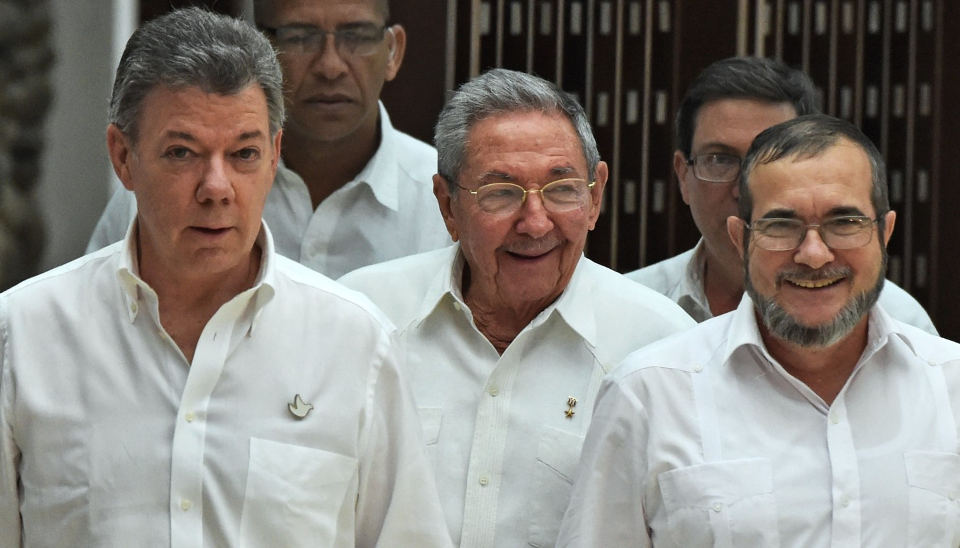Colombia revamps drug policy as United States eradication program ends
Top Story – Colombia’s government on Tuesday announced it would increase its on-the-ground efforts to curb cocaine production following the end of a USA aerial fumigation program in May.
Colombia is overhauling its anti-drug strategy, aiming to boost alternative development efforts and relying more on manual eradication to replace U.S.-backed aerial spraying of the crop used to make cocaine.
“One of the compromises already agreed with the FARC is that, once they leave their arms, they will contribute to the solution of the illicit drug issue”, said Santos as the government is negotiating a peace agreement with the insurgents since 2012, after over half a century of armed conflict.
Colombia is the biggest exporter in the world of the illicit leaf, while poverty in rural areas of the country have never been properly addressed – leading to the radicalization and the persistence of guerrilla groups fighting for the rights of campesinos for five decades.
He also confirmed the South American country would stop using the herbicide glyphosate starting October 1, after the World Health Organization warned in March that it is “probably carcinogenic”.
Over the past 20 years, more than 4 million acres in Colombia have been sprayed with glyphosate to kill coca plants, the Associated Press reports.
As part of the new plan, growers who abandon coca will receive financial and technical assistance, as well as land titles after five years, to switch to alternative crops.
Santos added that the government is looking to see eye to eye with the involved communities in removing their coca croplands, but “if an agreement is not reached, forced eradication will be resorted to”, the news outlet noted. “Peace is close”, Santos said on Twitter.
The United Nations reported in July that cocaine production in Colombia had risen more than 50 percent from 2013 to 2014, to 442 tonnes.
His new policy also includes drug abuse prevention programs and the creation of a specialized agency to oversee the new strategy.
To that must be added the growth of coca cultivation in Colombia.
Negotiators have so far reached partial accords on land reform, political participation for ex-rebels and an end to the illegal drugs trade.
“We’ve already talked with the FARC about joint plans for the substitution of crops”.








